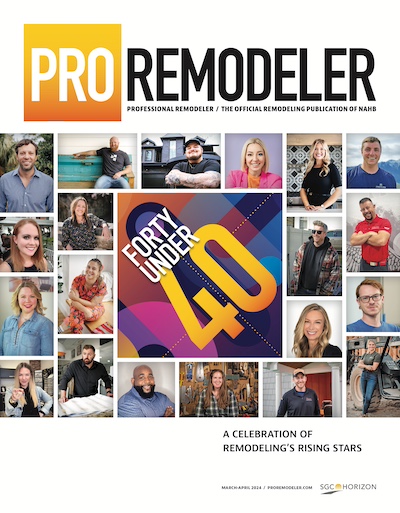If you arrived at work and found that there was a fire and everything was gone, there would be nothing you could change. If you were to know in 30 days there was going to be a fire at your office, there are so many things you could do to change the outcome.
Although the example may be extreme, that is what forward forecasting your financials does: It empowers your team to make changes and affect the outcome. It’s better than the alternative of feeling powerless looking at historical numbers they can’t change.
We used to meet quarterly as a company over lunch and share all the historical financials, where we were year to date, and were we ahead or behind our goals. We would try to engage employees and educate them on financials, along with ourselves. We would get mixed feedback and limited input.
Looking back, there was very little engagement, the numbers were historical and none of our employee’s could do anything about them. We would celebrate if we were doing well and we hoped things would improve if we weren’t. We were “Open Book” because we were sharing our financials.
A few years ago we were introduced to “The Great Game of Business” and Jack Stack. There have been several pieces of the concept that we have implemented over the past few years.
Identify a critical number
There are always goals, often many, in a small business. It could be to increase revenue, increase sales, increase net profit, decrease overhead, or reduce slippage (the difference of estimate and actual gross profit). Identify the ONE that would have the most impact in your business.
Create a score card
After your critical number is identified, how are you going to measure, track, and communicate that to every employee on a constant basis?
Forecast your numbers with your team
Forecast out 30 days, for the next quarter, and share the actuals from the previous period and see how accurate your projection was. It educates your employees and it empowers them by showing they CAN effect change. That is the difference between forward forecasting and sharing only historical accounting information with your team.
Our management team now meets weekly to update the forecast of next months numbers, and then once a month our entire team of 50 meets to update the forecast for next month. We update the actuals to see how we did on the last month’s projection, and there is always discussions on what we can do to change the outcome.
Give everyone a stake in the outcome
We all are well aware of the entitlement mentality: “I have worked here for 10 years, I have always received a bonus equal to x.” Give people a stake in the outcome, not an entitlement. Going back to the critical number and the score card, decide on what, when and how you are going to share the win.
Create wins along the way
Mini-games are a great way to engage employees, make learning fun and improve performance. Identify other goals in your company that support the critical number. For example, if Net Profit was your critical number and you wanted to reduce slippage, create a mini-game around it for the next two months.
What prevents many people from this? They fear sharing their numbers. They usually are put at ease when they find out their employee’s think they make much more than the usual 2 to 10 percent that most businesses are making at the end of the day.
As with any strategy, you first have to identify your goals, create your vision, and stick with it. There will be times that it will be challenging and it will be easy to abandon what you just set up. Stay focused on the successful outcome and stick with it. The pay off will be amazing: Creating a business of business people.
For more information, see Jack Stack’s books “A Stake in the Outcome” or “The Great Game of Business” or the website at www.greatgame.com. You can also check out our interview with Bill Fotsch, founder of the The Great Game of Business Inc. at HousingZone.com/greatgame.
Open book management helps to get employees engaged in the success of your company



